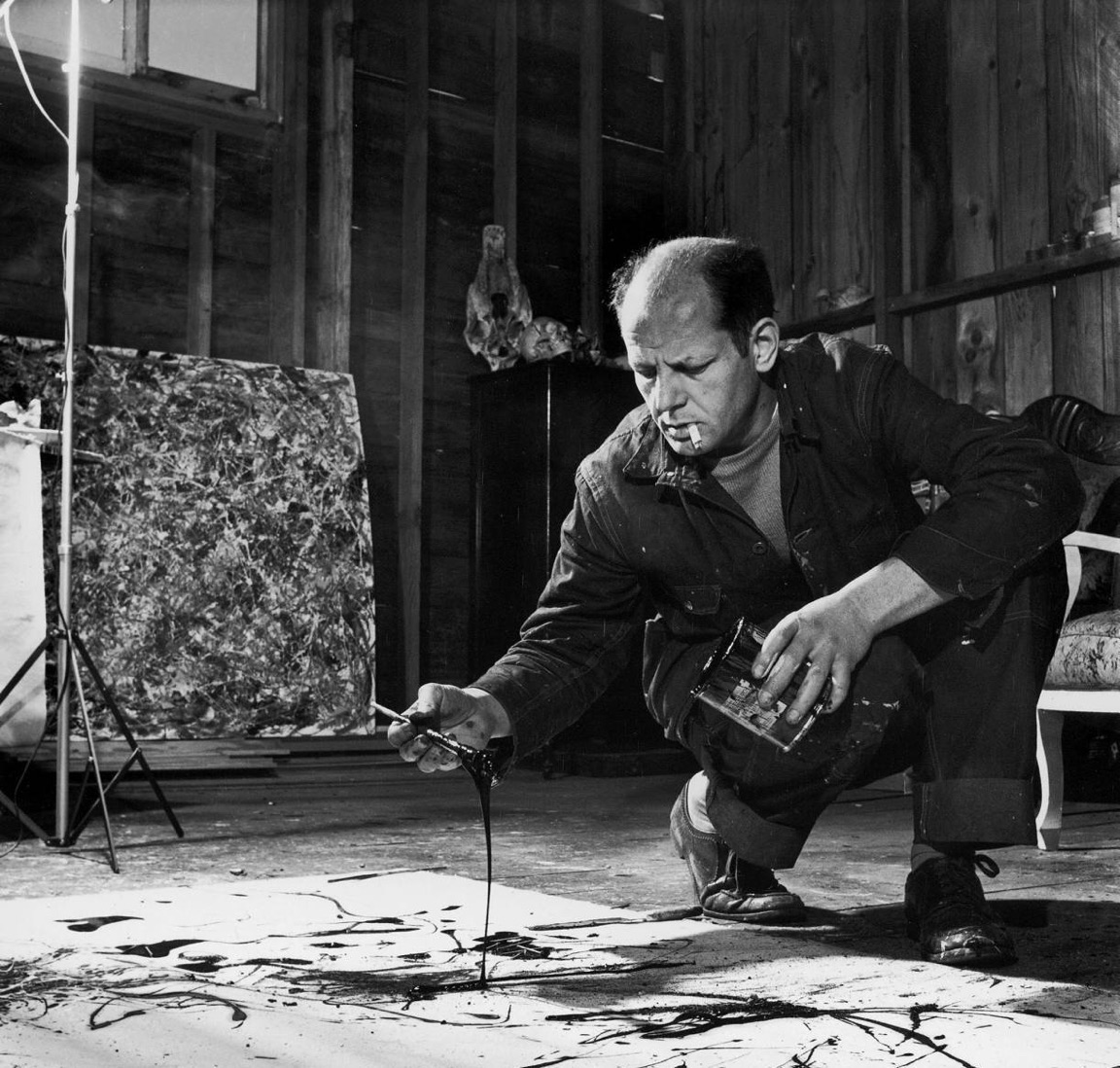I once read an essay about how Jackson Pollock might have known that one of his paintings was finished. It was irritatingly inconclusive.
Endings are like that — elusive when the situation you’re leaving is divine and when it’s shit.
There are seemingly blunt and obvious endings, final curtain moments —you lose your job, get divorced, a loved one dies, a project wraps. But lots of times you don’t know you’re in an ending until something begins.
Just like you have to have black to see white, you often have to see or sense a beginning to know it’s an end.
“[The ‘graceful exit’] involves a sense of future, a belief that every exit line is an entry, that we are moving up, rather than out.” — Ellen Goodman, Pulitzer Prize winning journalist
I wrote many summers ago about that moment when you’re sailing and you’re turning into the wind… a tack. The lull, the uncertainty, and the quiet before your sails catch the wind again. Past, next, now, new, beginning, end… who the fuck knows which is which?
Daniel Kahneman, professor of psychology at Princeton and author of Thinking Fast and Slow, brings it all back to stories — and experience versus memory in his Ted Talk.
“…it is true of the stories that memory delivers for us, and it’s also true of the stories that we make up: What defines a story are changes, significant moments and endings. Endings are very, very important.”
Kahneman says that how something ends defines how we remember it. And how we remember it is, in the long run, more important than how we lived it.
But we have to live it first.
No wonder we’re so twisted up about endings. We spend so much time staving off endings, fearing them, rushing them to completion, hurrying through the uncomfortable bits. We love book series and multi-part movies, epilogues, and those “one year later” scenes while the credits roll.
John Lennon said “Everything will be okay in the end. If it’s not okay, it’s not the end.”
Is that true? Or does it hold us back, keep us languishing in an ending too long?
Lately my instinct has been telling me something about this, the idea of obsessing on the ending.
I think I’m in the middle of an end.
It’s the not knowing that’s gnawing at me.
The cliches rush to mind — one door closes another one opens, that sort of thing. And perhaps a bit of a nuance of that truth has burbled up: It is possible to linger in an ending with the beginning right there, and just not recognize it as such.
Getting comfortable with endings seems pretty productive. Recognizing that we celebrate endings as much as we dread them — sunsets, graduations, taking a cake out of the oven. They’re little endings that we can enjoy, confident they’ll transition into beginnings.
If, as Daniel Kahneman says, endings shape our experience of happiness, then i’m thinking a good life strategy is to select a bit of joy to end on, and then start again.


